 The executive board of the Leibniz Association in Germany has reprimanded the director of its institute on aging for “grossly negligent scientific misconduct.”
The executive board of the Leibniz Association in Germany has reprimanded the director of its institute on aging for “grossly negligent scientific misconduct.”
Besides a written reprimand, the executive board has removed Karl Lenhard Rudolph’s “passive voting rights” in association committees, and excluded the institute under his leadership from receiving funds from a multi-million Euro internal funding competition, both for a period of three years.
The executive board identified problems in eight out of 11 reviewed papers, published between 2001 and 2016; it has asked Rudolph to retract one and issue errata for the others. The papers — some of which have been discussed on PubPeer — appear in journals such as Cell, Nature Cell Biology, and the EMBO Journal, and have been collectively cited 552 times, according to Clarivate Analytics’ Web of Science.
Rudolph is the director of one of the 91 independent research institutions that make up the Leibniz Association. He told us he is putting the position of Director of the Leibniz Institute on Aging – Fritz Lipmann Institute (FLI) in Jena “on hold” while he investigates the allegations:
Continue reading German institute sanctions director after finding him guilty of misconduct
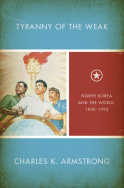 A historian based at Columbia University has returned a 2014 prize after criticisms prompted him to issue more than 70 corrections to his prominent book about North Korea.
A historian based at Columbia University has returned a 2014 prize after criticisms prompted him to issue more than 70 corrections to his prominent book about North Korea.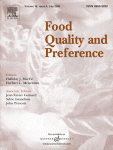 A Cornell food researcher who has pledged to re-analyze his papers following heavy criticism of his work has issued a major correction to a 2005 paper.
A Cornell food researcher who has pledged to re-analyze his papers following heavy criticism of his work has issued a major correction to a 2005 paper.
 The executive board of the Leibniz Association in Germany has reprimanded the director of its institute on aging
The executive board of the Leibniz Association in Germany has reprimanded the director of its institute on aging  A former Research Training Awardee at the National Institutes of Health “falsified and/or fabricated data” in 11 figures in a 2016 paper,
A former Research Training Awardee at the National Institutes of Health “falsified and/or fabricated data” in 11 figures in a 2016 paper, 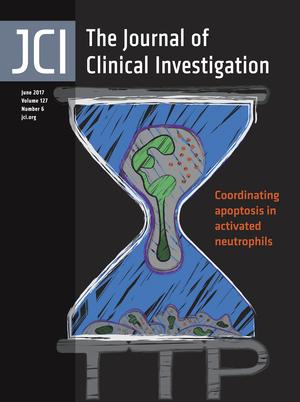 On Dec. 2, 2013,
On Dec. 2, 2013, 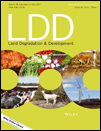 It’s been a mixed year for Wiley’s
It’s been a mixed year for Wiley’s  After a
After a 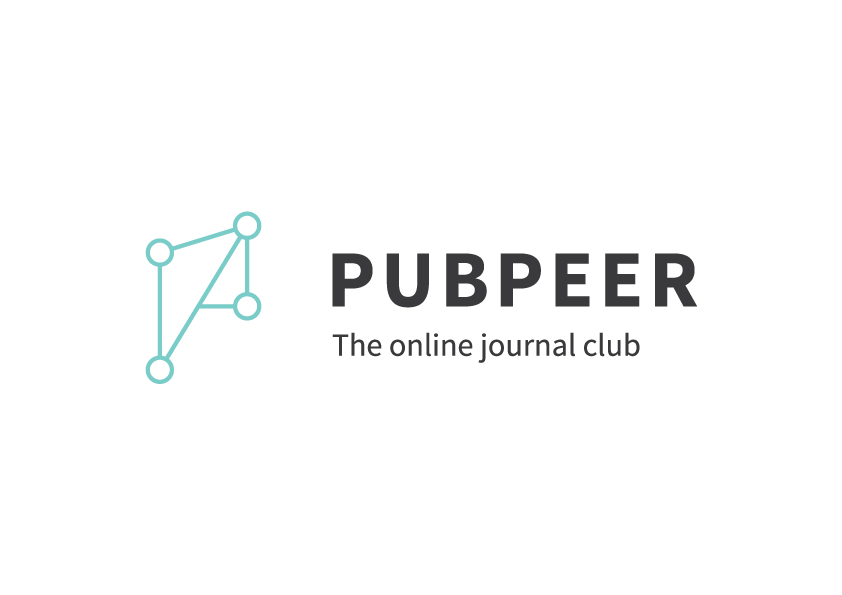 Since it launched in 2012, PubPeer has grown to become a standard part of the scientific lexicon, and its numerous post-publication discussions have led to
Since it launched in 2012, PubPeer has grown to become a standard part of the scientific lexicon, and its numerous post-publication discussions have led to